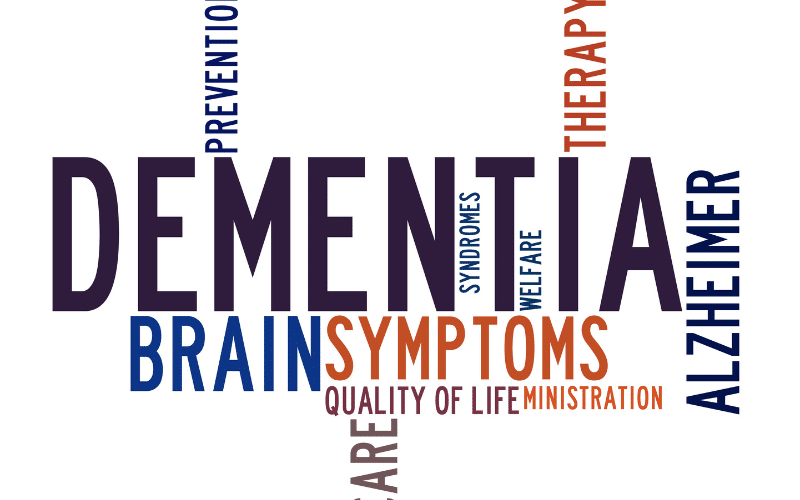FAQs: Unraveling the Intricacies of Dementia Symptoms
Advertisements
 Advertisements
Advertisements
1. Can dementia symptoms be reversed?
Unfortunately, most forms of dementia, including Alzheimer’s disease, cannot be reversed. The damage to brain cells in dementia is irreversible and leads to the progressive symptoms we see. However, there are some forms of cognitive impairment, often mistaken for dementia, like vitamin deficiencies or thyroid issues, which can be reversed with appropriate treatment.
2. Are dementia symptoms always continuous, or can they come and go?
Dementia symptoms are generally continuous and progressively worsen over time. However, the severity of the symptoms can fluctuate in some cases, especially in conditions like Lewy body dementia. This fluctuation can sometimes make the diagnosis process challenging.
3. Can younger people exhibit dementia symptoms?
While dementia is more prevalent among older adults, it can affect younger individuals, a condition known as early-onset dementia. It’s essential to consult a healthcare professional if dementia symptoms appear, irrespective of age.
4. Are mood swings common dementia symptoms?
Yes, mood changes, including rapid mood swings, can be a common symptom of dementia. The person may exhibit emotions like agitation, frustration, anxiety, depression, or even apathy.
5. How fast do dementia symptoms progress?
The progression of dementia symptoms varies greatly from person to person. It depends on the type of dementia, overall health, age, and other factors. Some people may remain stable for years, while others may show rapid progression of symptoms.
6. Can physical exercise improve dementia symptoms?
While there’s no definitive cure for dementia, physical exercise is known to have several benefits for people with dementia. It can improve cardiovascular health, strength, and flexibility, boost mood, and improve sleep. Some studies suggest it might also have a positive effect on cognitive function.
Conclusion: Navigating the Maze of Dementia Symptoms
Dementia symptoms can be incredibly diverse and, often, subtly disruptive, making the condition hard to recognize in the early stages. The ten symptoms we’ve delved into represent the most common manifestations of dementia, but they might not encompass the entirety of an individual’s experience with this complex condition.
These symptoms alone are not a diagnosis but a sign that a healthcare professional should evaluate the individual. It’s essential not to ignore or dismiss these symptoms as they often indicate a serious underlying condition. The earlier dementia is diagnosed, the sooner an individual can begin to receive the necessary support and treatment, which can significantly improve their quality of life.
Remember, while dementia is currently incurable, the progression of symptoms can often be managed effectively with the right care and treatment. The first step, though, is recognizing the symptoms and seeking professional help. In the journey with dementia, knowledge and timely action can make a world of difference.